As Eid-ul-Fitr approaches, traders at the bustling Keraniganj wholesale clothing market near Dhaka find themselves grappling with dwindling profits and a notable decrease in customer footfall. Unlike previous years, the market's usual vibrant pre-Eid atmosphere is notably subdued this season.
Historically bustling with shoppers from various areas, the market typically experiences a surge in activity before Shab-e-Barat. However, escalating commodity prices have cast a shadow over this year's festive fervor, leading to sparse retail buyers and decreased purchases.
A recent visit to the market revealed a noticeable increase in clothing prices across the board, ranging from Tk20 to Tk300-400 depending on quality. This inflationary trend, from shirts and pants to Chinese T-shirts, has been broad and unforgiving.
Mamun Dewan, proprietor of Othoba Burqa House, lamented the downturn in Ramadan sales compared to previous years, with the cost of burqas rising by Tk20-30 each. Similarly, Mahbub Alam, owner of Kajal Panjabi, noted a significant slump in sales, particularly in the sale of panjabis, which typically sees an uptick before Shab-e-Barat.
Staff and owners expressed concerns over unprecedentedly low sales, with Masud Rana of Shokh Rong Collection noting a 15-year record slump despite slight price increases compared to last year.
The ripple effect of rising living costs has led consumers to prioritize essentials over new clothes, as observed by Sabbir Hossain, Manager of Park Land shop. Wholesale customers like Azizur Rahman from Naogaon and Mohammad Ali from Gazipur also shared dismay at surging prices for shirts, pants, and panjabis compared to last year.
This collective distress underscores the challenges faced by traders and customers alike at the Keraniganj wholesale clothing market as they navigate the economic strains of Eid-ul-Fitr shopping amidst rising costs.



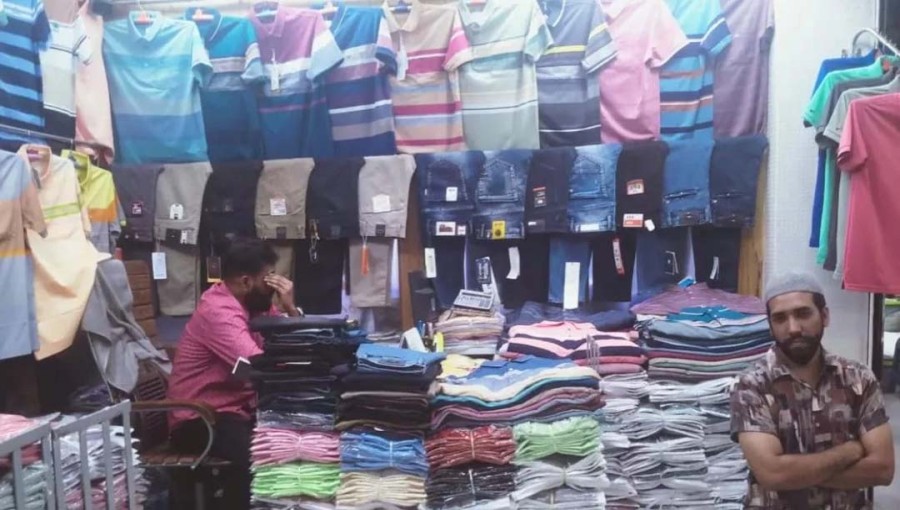



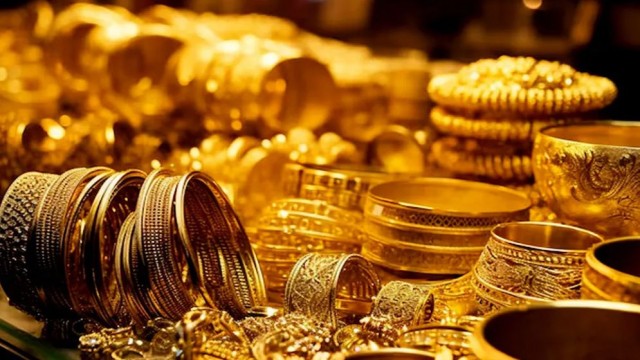
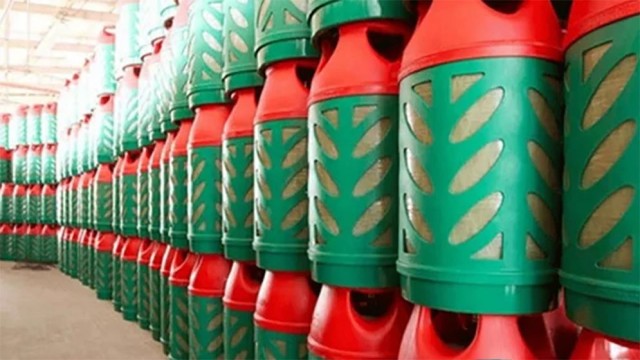
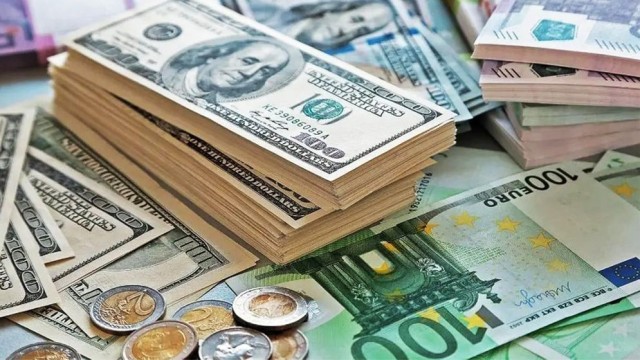
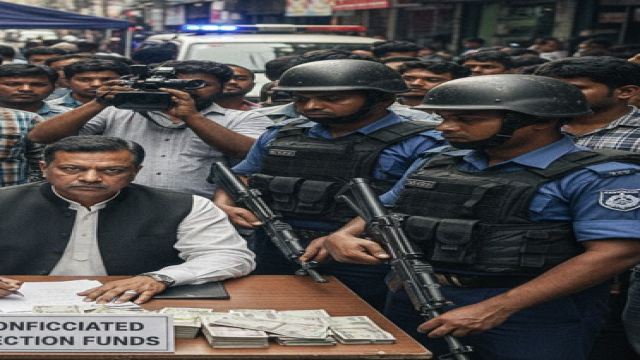
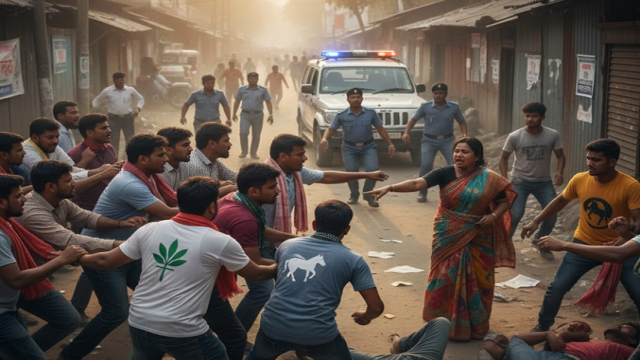
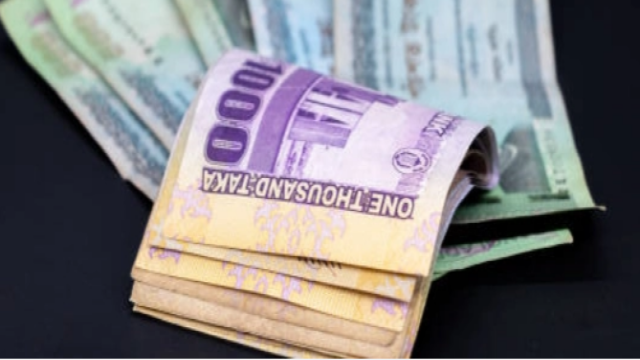
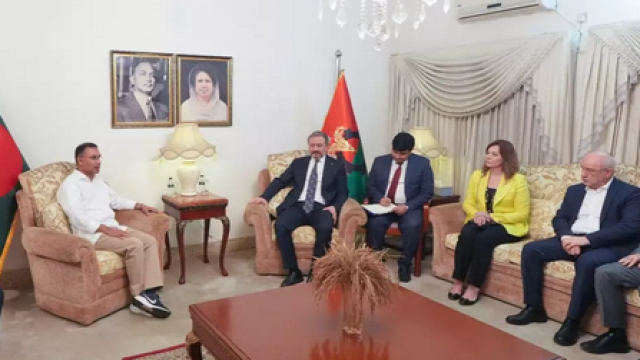
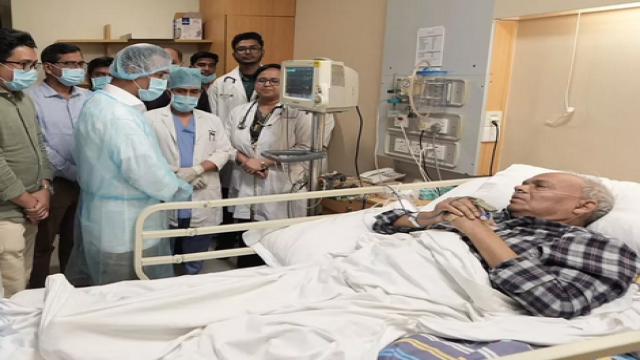
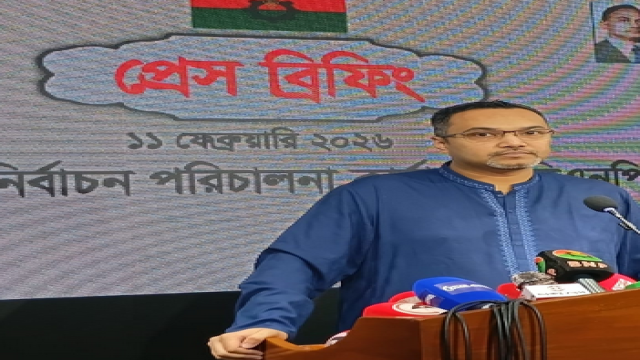
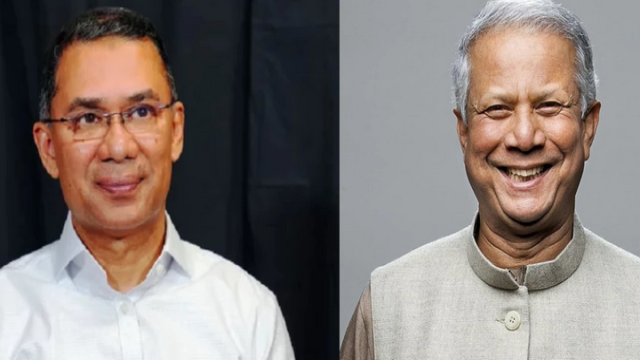
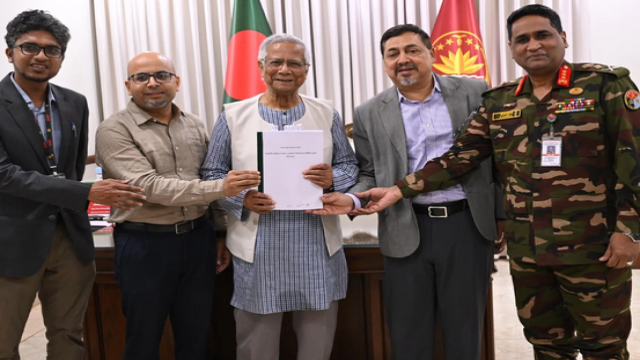
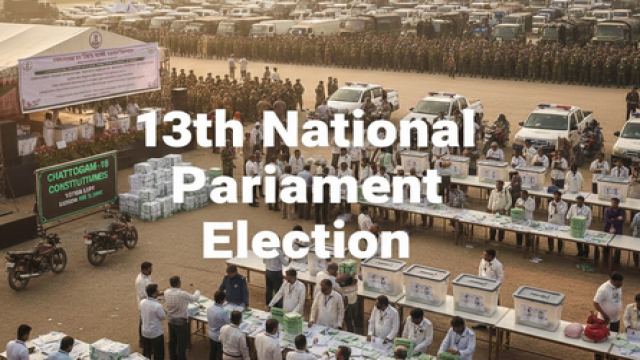
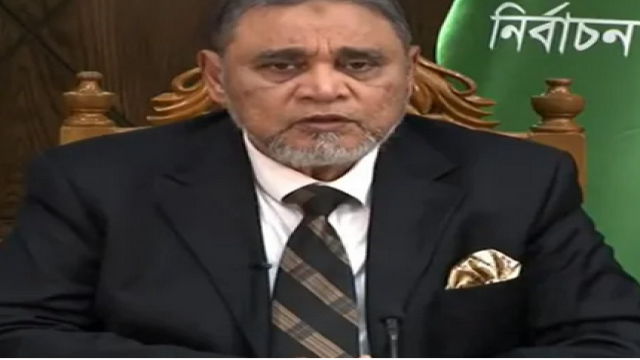











Comment: